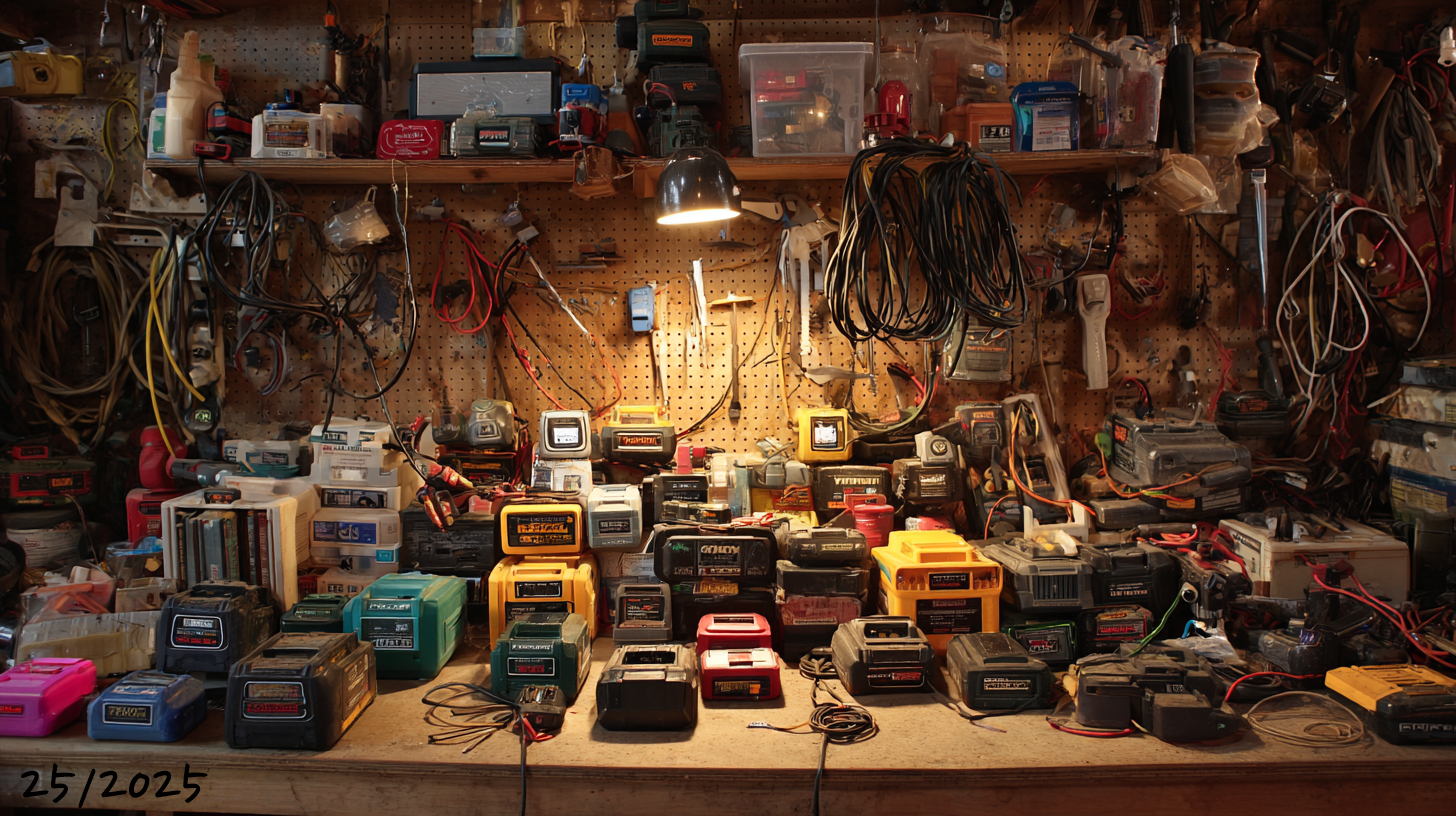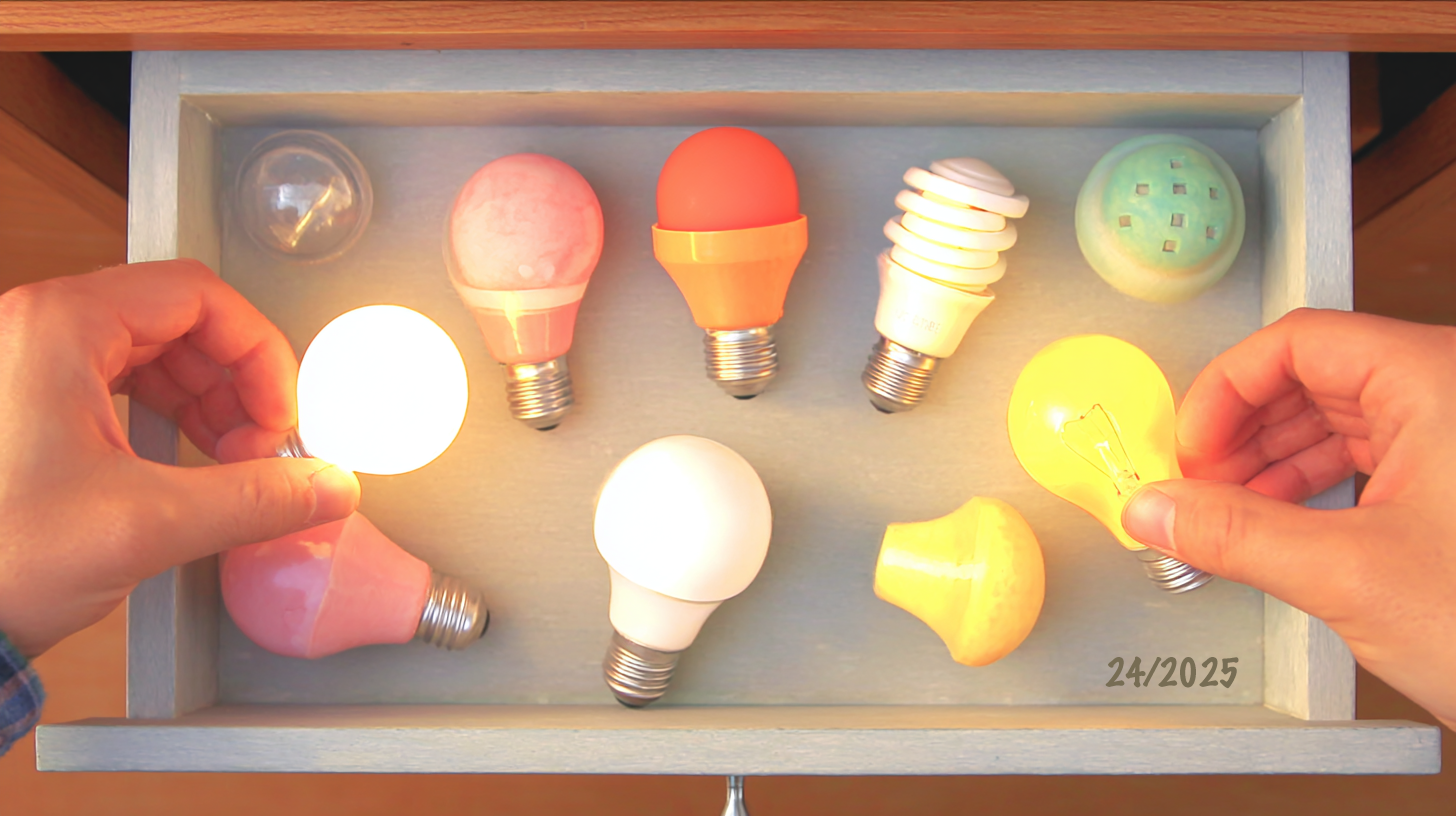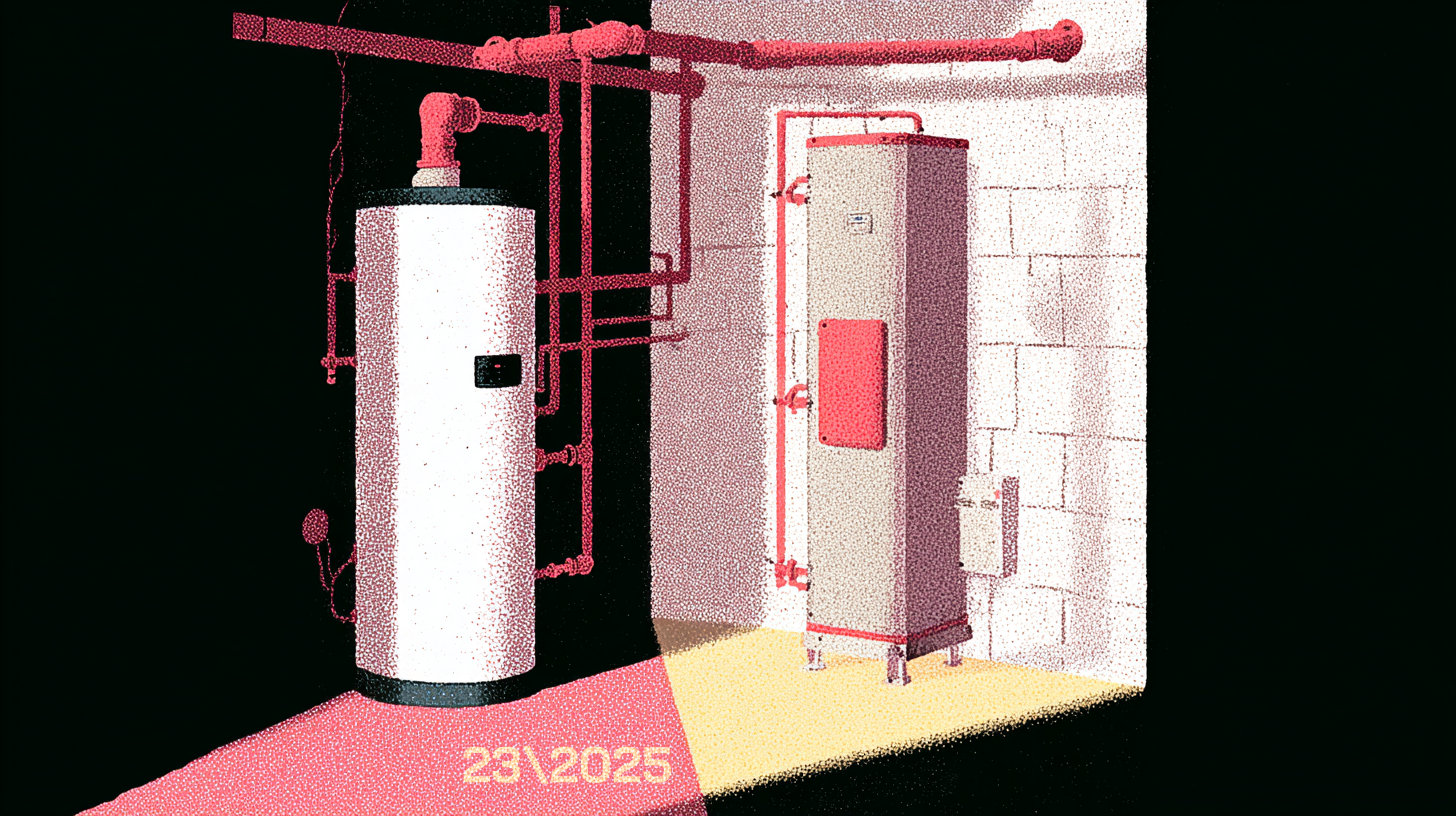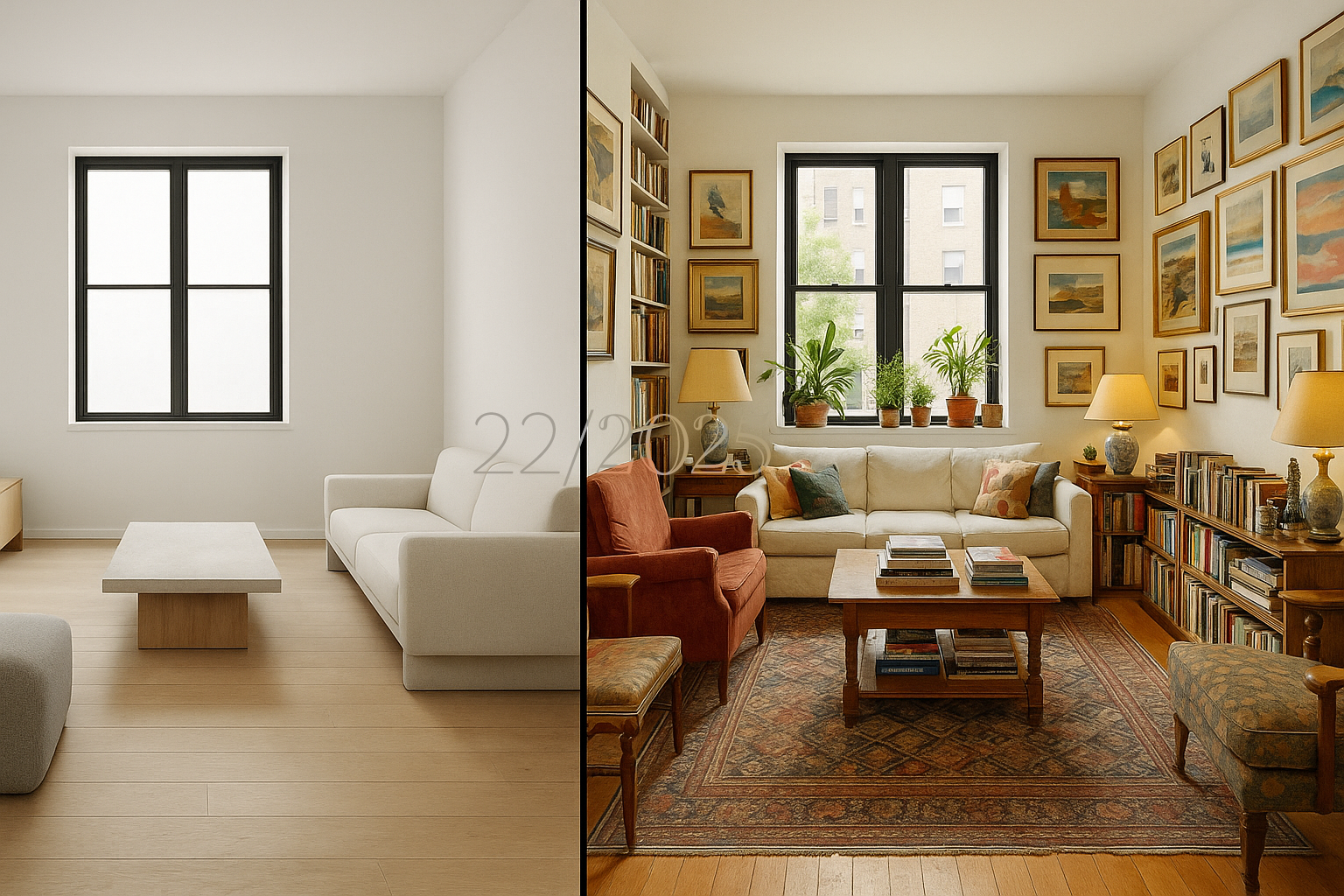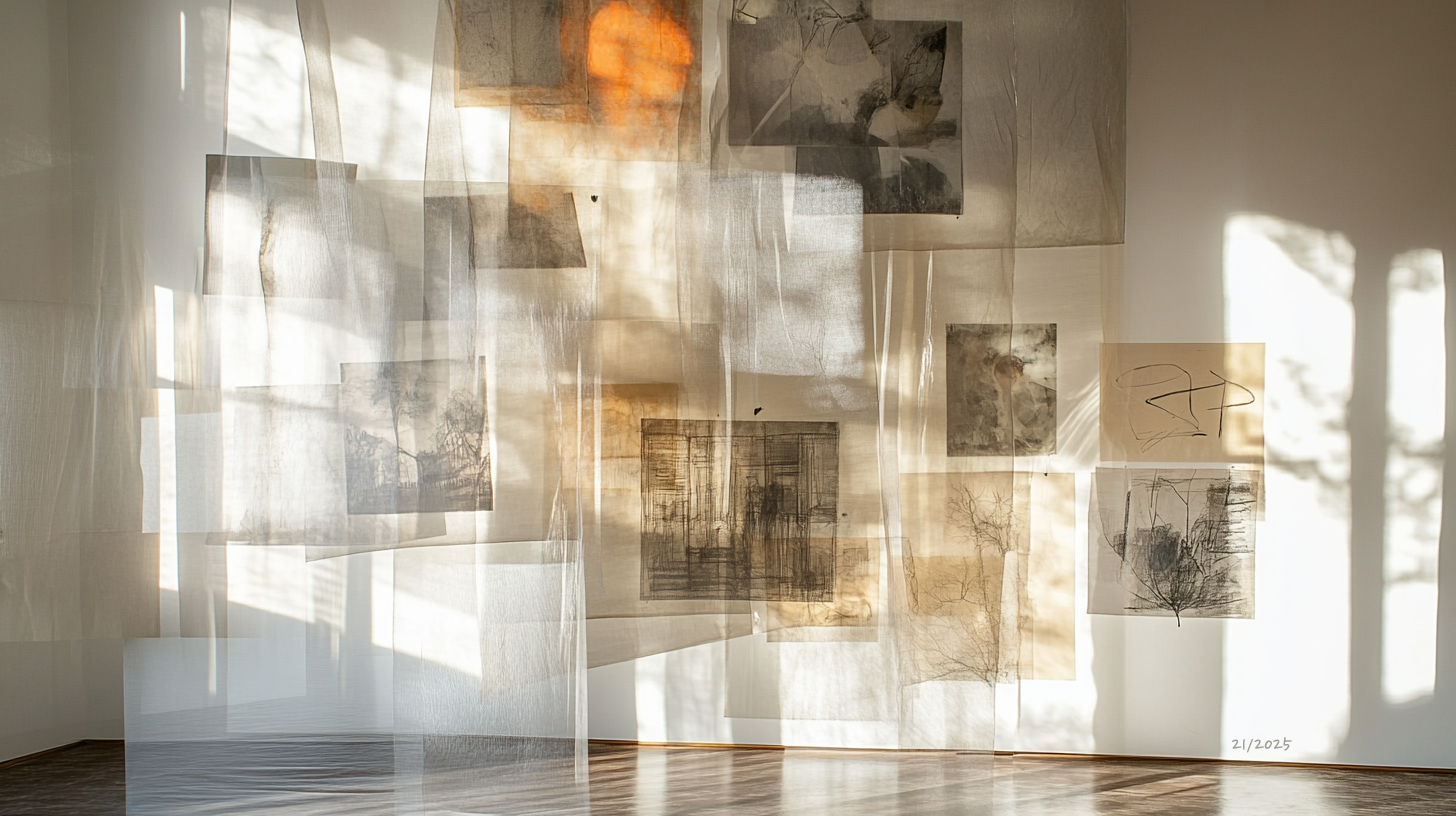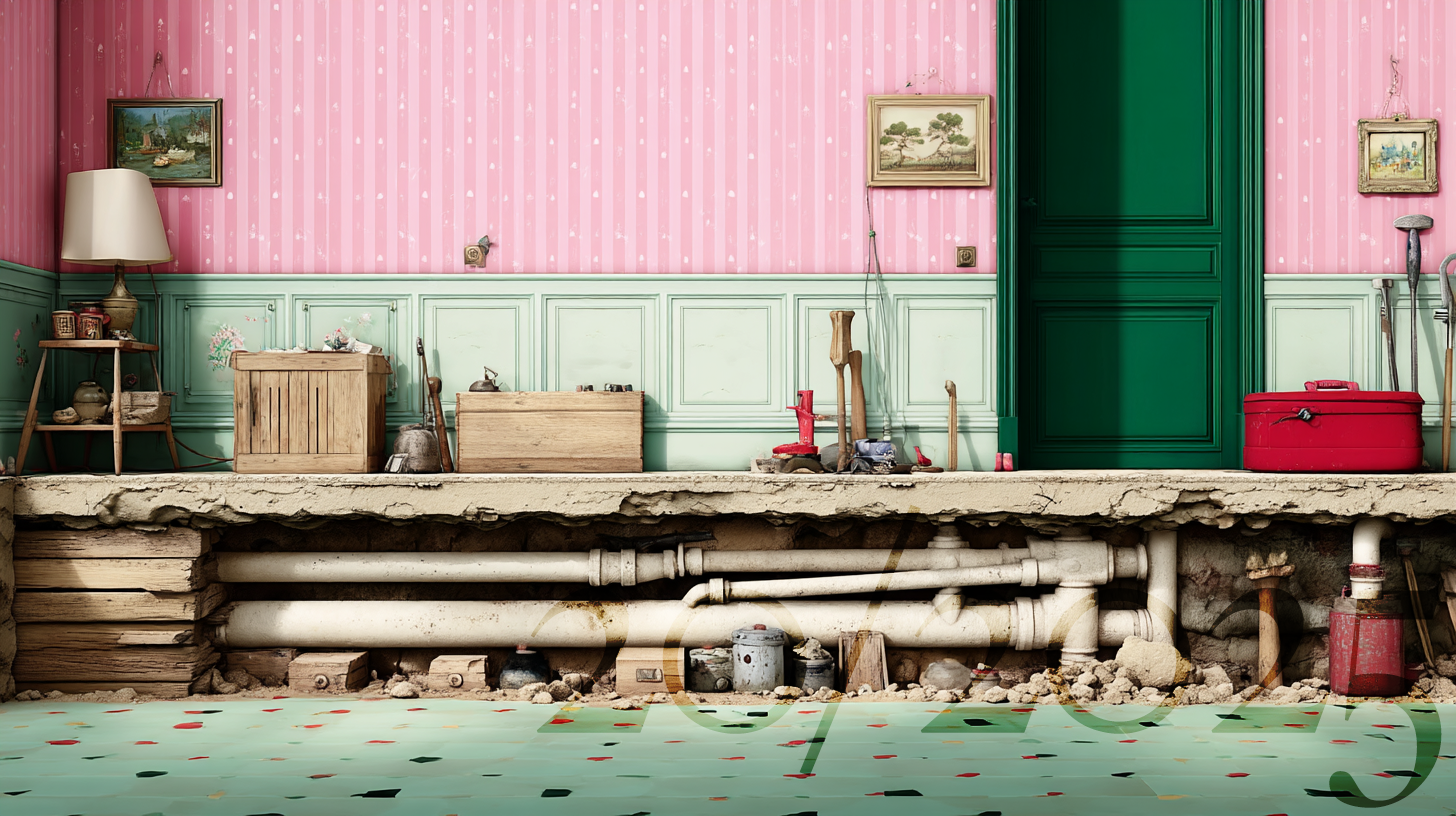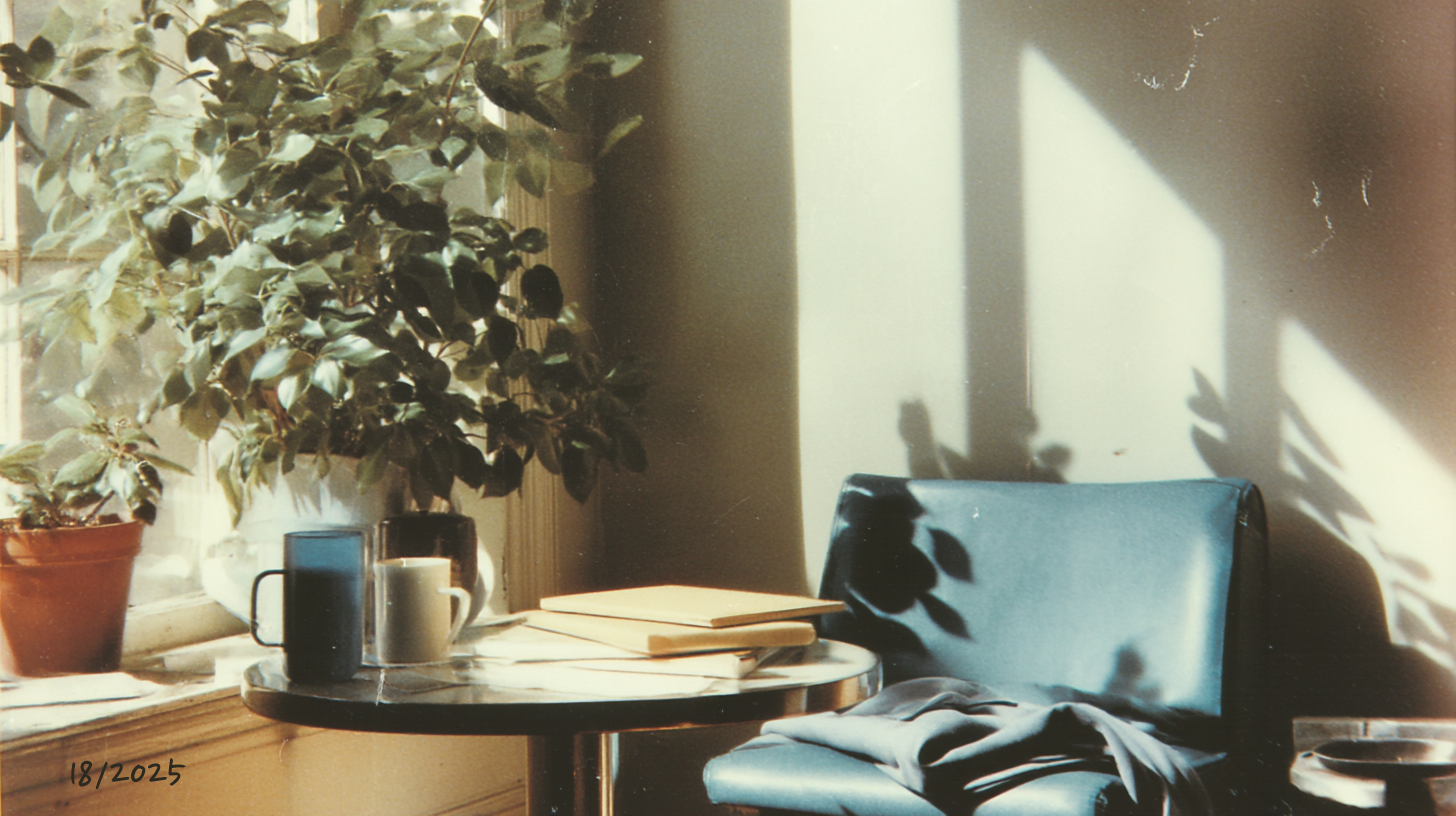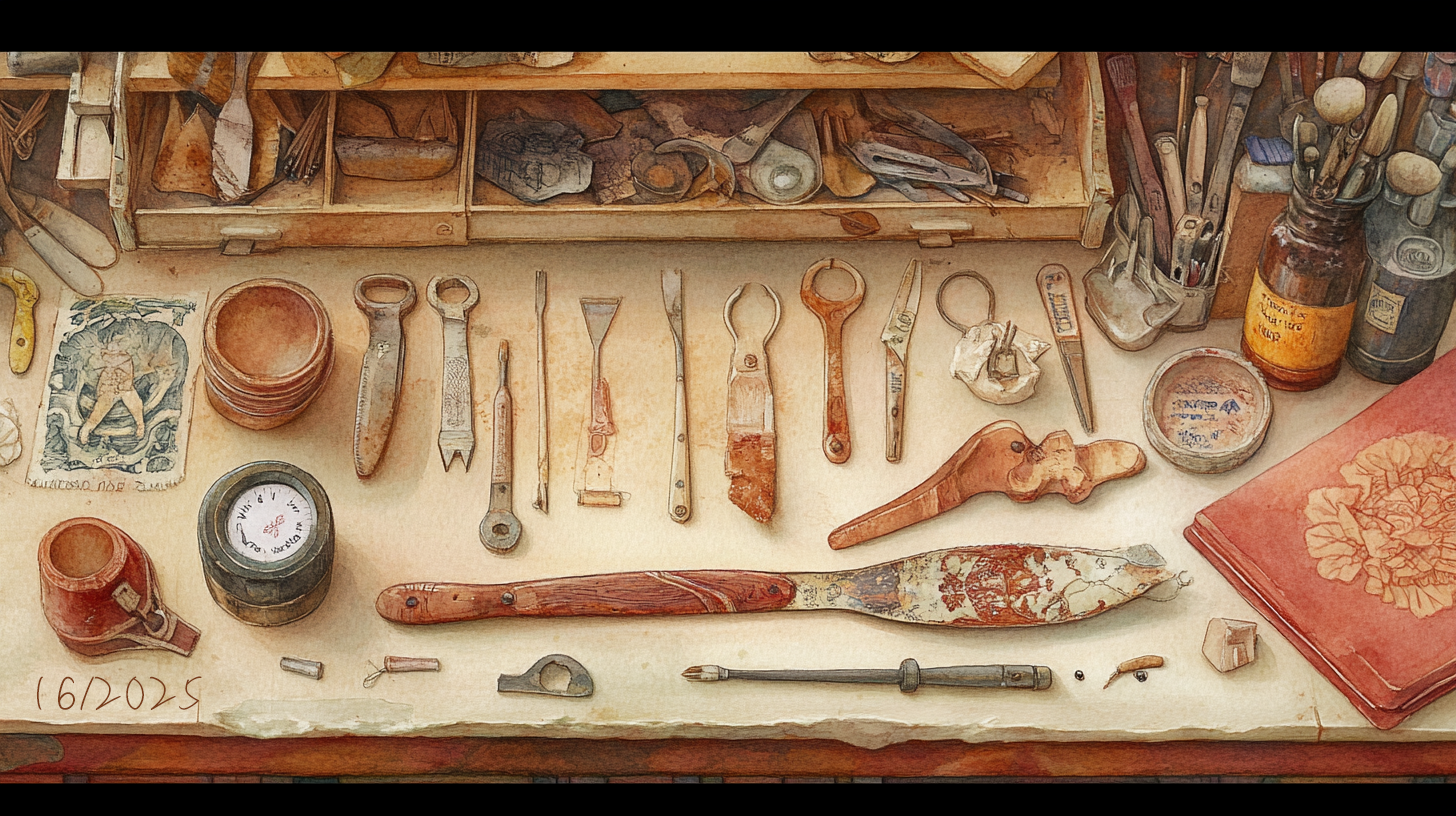I bought a $200 electric lawnmower, and with it came a quiet war of ecosystems, expectations, and design intentions. We say we want modular, shareable, repairable tools. But brands have figured out how to build loyalty through battery platforms and convenience. The real design challenge isn’t just in the tool, it’s in the systems that surround it, and the ways we choose to live with them.
Zemanel
24/2025: The Lighting Wars
Lighting used to be simple—on, off, wattage. But now, LED vs. incandescent sparks household debate, emotion, and even quiet subversion. Color temperature is personal. Perception becomes preference. We argue over 2700K vs. 4000K like it’s ideology. This week, I write about how lighting in our home became a back-and-forth of stash wars, secret swaps, and small wins. Not because we don’t agree, but because lighting isn’t just technical. It’s emotional. And maybe it always has been.
23/2025: Heat, Noise, and Precision
This week, we had a product standoff: two boilers, two philosophies. In a sea of commodity options, one stood out, not just for performance, but for empathy, silence, and precision. Viessmann vs. Lochinvar. The decision wasn’t about price or specs, it was about design that considers the installer, the user, and even the basement. And in the end, it wasn’t the designer who insisted. It was the practical voice in the house. This is what good design looks like: quiet confidence.
22/2025: A home for living.
Some houses are magazine-perfect. Ours is not. And that’s by design, or at least by intention. This week’s piece reflects on minimalism, modernism, and the quiet rebellion of letting a home evolve with life, with mess, with memory. There’s beauty in white space, yes, but also in the hooks behind the door, the trinkets that linger, and the contradictions we live with. It’s not about fitting a philosophy. It’s about letting a space breathe, and letting it become what it needs to be
21/2025: What is on the Walls
Photos and art, almost everyone has them, and when we don’t, we notice. In this new house, we’re finally unpacking our pieces again: childhood photos, friends’ paintings, my wife’s mother’s self-taught copies of Klimt and Van Gogh. Alongside them, we’re keeping the sculptor-owner’s sketches and black-and-white snapshots of the house. Nothing matches. Nothing is curated. But that’s the point. These pieces carry memory, identity, and a little bit of each life that has passed through here. It’s going to be fun.
20/2025: The accidents we do not see
We didn’t live in the house during renovation, and that was the right call. But now that we’re here, we see the aftermath: drips from plumbing, misalignments masked by shelves, the quiet chaos of work done without us knowing. Some accidents we witness, others disappear into the walls. Just like the lives that came before us, this place carries visible and invisible scars. And now, ours join the history too – mistakes, decisions, and small improvisations folded into the story of home.
19/2025: Math of the heart.
I’ve done this before: long commutes, the math that never adds up. This time is different. On paper, it’s worse, longer drive, more time lost. But on the causeway home, with the ocean ahead and the wind coming through the window, something shifts. The body wakes up. The heart fills. The math resets. That’s the thing about moving, there’s always something lost. But if you pay attention, the trade-offs start to make sense. Not in numbers. In feeling.
18/2025: Moving and changing
We’ve moved. Boxes everywhere. Familiar things in unfamiliar places. Same towels, different hooks. Same chair, new corner. And with that, a quiet shift. Moving into a new house isn’t just unpacking, it’s unlearning old patterns and designing new ones, step by step. I find myself outside more too, tentatively reclaiming the outdoors. We’re not done, there are projects ahead, but for now, we’ve arrived. It’s still just a house. But it’s starting to feel like ours.
17/2025: Trust, not just contracts.
Renovation decisions aren’t just about budgets or contracts. They’re about trust – earned, not assumed. Our contractor offered to finance a major floor upgrade, not because of paperwork, but because of work already done together. It reminded me of design partnerships: the real agreements aren’t signed, they’re built, project after project. In work, in renovation, in life, execution matters more than promises. Trust is the true contract.
16/2025: What experience feels like
Experience doesn’t always come with a title or degree, but you know it when you see it. You feel it in the way the work is done, and sometimes, in the tools left behind. As we renovate this house, I’ve been thinking about what experience really looks like. The person who lived here before was a sculptor, a master. I now live with some of his tools, and they quietly remind me: there’s a difference between trying something, and truly knowing what you’re doing.
